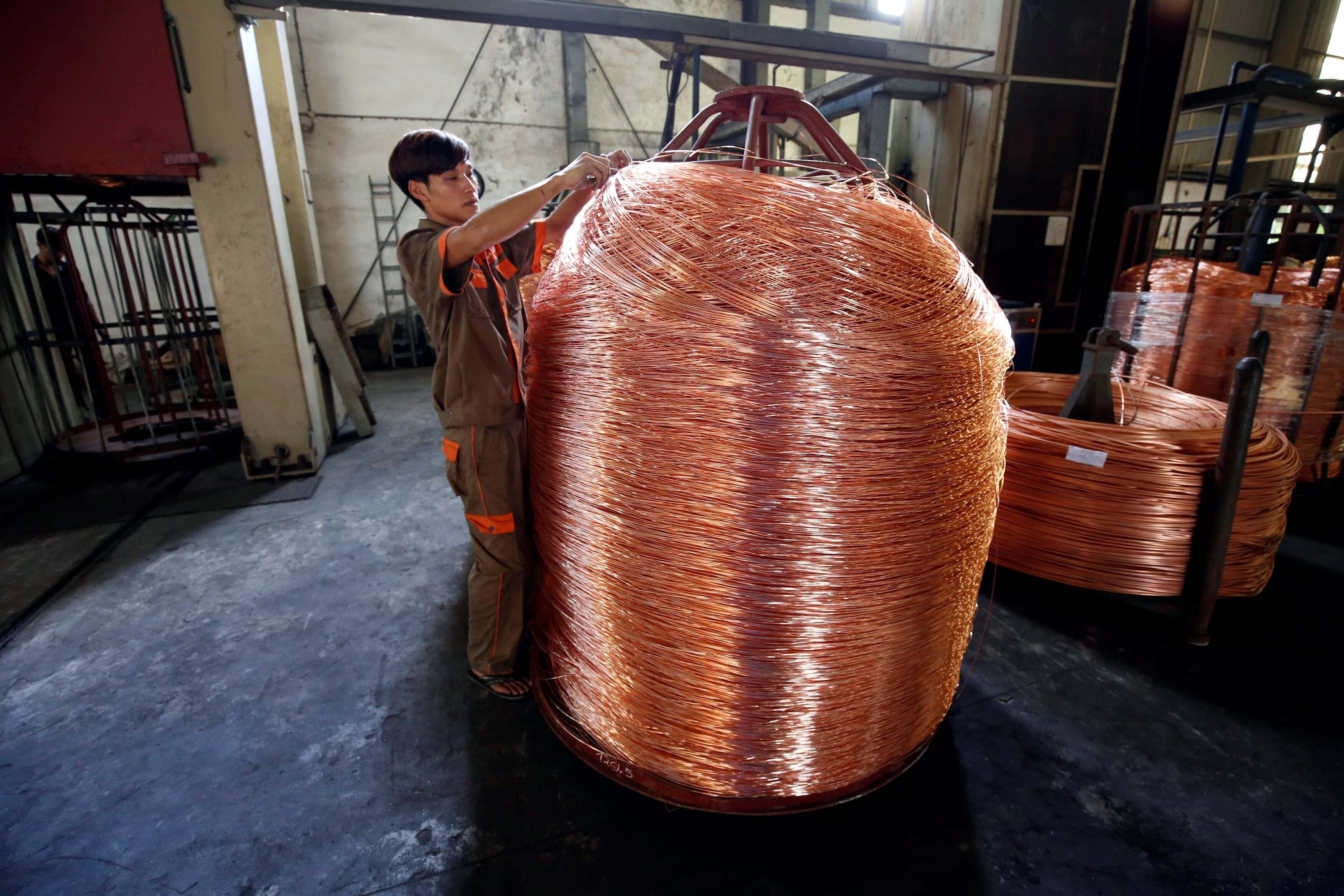Why SMEs are key to growth in Africa

Stay up to date:
Future of Work
Those of us who have been in Africa over the past decade have witnessed a region become the world’s most exciting economic frontier, transforming nation states and offering hope to a new generation of accomplished and engaged youth. By 2035 the number of Africans joining the working age population will exceed that of the rest of the world combined, according to the International Monetary Fund (IMF).
Africa grew despite the global recession and it shows no signs of abating. The continent is on course to achieve economic growth of around 4.5% this year, a rate higher than predicted for the mature economies of the world. Amazingly, this is set against a backdrop of a Eurozone crisis, low growth and stagnant wages in the West and a slowdown in China. Africa’s economic expansion is nothing short of remarkable. There is something unique about what is happening on the continent now.
This time, the heart of the story is the boom in small and medium-sized enterprises (SMEs). Today, these small and growing businesses create around 80% of the region’s employment, establishing a new middle class and fuelling demand for new goods and services. The scale of this transformation should not be underestimated. The IMF’s Regional Economic Outlook for Sub-Saharan Africa, released in April 2015, says: “Over the next 20 years … sub-Saharan Africa will become the main source of new entrants in to the global labour force.” This is an emerging Africa that is absolutely determined to succeed. As a follow up to their bold commitment to infrastructure investment, African governments have now turned to entrepreneurs to support future growth.
Angola is a case in point. Its government and associated bodies have launched many initiatives over recent years to support entrepreneurs and the SME sector. Since last year, Angola’s sovereign wealth fund (FSDEA) has been establishing a social impact platform, called Kijinga, which will support start-ups and the expansion of new products and services in the outskirts of its cities. Programmes such as these could transform the dreams of inexperienced entrepreneurs to develop successful businesses into reality. Initiatives such as these are spreading all over the continent, providing capital support and guidance on how to manage and grow businesses.
One of the greater challenges however is access to credit, which remains a hurdle for SMEs in Africa. Addressing the issue has been a priority for governments and regional organizations for several years. Notable examples include the African Development Bank, which runs an SME programme designed to support micro, small and medium enterprises. The four-year programme provides $125 million of funding, combined with a $3.98 million technical assistance package granted by the Fund for African Private Sector Assistance. Also, a $250 million private equity fund was established by the FSDEA to support entrepreneurs that are struggling to make their projects bankable. It also launched its first “Future Leaders” scholarship programme that sent 46 of Angola’s most promising young business graduates to the Zurich University of Applied Sciences to acquire professional investment management skills.
Helping African SMEs to flourish is crucial not only for Africa but for the global economy, because it creates a growing middle class with disposable income, in tandem with market opportunities for new investors. As China’s manufacturing output slows and the sanctions on Russia impact EU exports, Africa’s increasing population and consumption may fill the gap left by stagnant wages in Europe and the US.
As we look ahead into the next 20 years, the combination of growth factors that Africa presents today will create unrivalled opportunities for investors in the long term. The continent’s vast natural resources and its fast-growing economies and young population will sustain high levels of FDI that make Africa’s rise inevitable.
Still, the foundation of any long-lasting venture in Africa depends on the continuous empowerment of regional SMEs and young entrepreneurs. Governments, the private sector and international investors must consider Africa’s young people and SMEs central to the stability of the world’s economy. These millions of future entrepreneurs need to be nurtured so that the world at large can benefit.
Have you read?
Why mobile money is big business in Africa
What are the biggest challenges for Africa’s entrepreneurs?
Author: José Filomeno de Sousa dos Santos, Chairman of the Board of Directors, FSDEA
Image: A tailor works at his sewing workshop in Cabinda January 13, 2010. REUTERS/Rafael Marchante
Don't miss any update on this topic
Create a free account and access your personalized content collection with our latest publications and analyses.
License and Republishing
World Economic Forum articles may be republished in accordance with the Creative Commons Attribution-NonCommercial-NoDerivatives 4.0 International Public License, and in accordance with our Terms of Use.
The views expressed in this article are those of the author alone and not the World Economic Forum.
Forum Stories newsletter
Bringing you weekly curated insights and analysis on the global issues that matter.
More on Economic GrowthSee all
Ivan Shkvarun
July 25, 2025
John Letzing
July 24, 2025
Katica Roy
July 23, 2025
Elena Raevskikh and Giovanna Di Mauro
July 23, 2025
Ali Alwaleed Al-Thani and Santiago Banales
July 21, 2025





